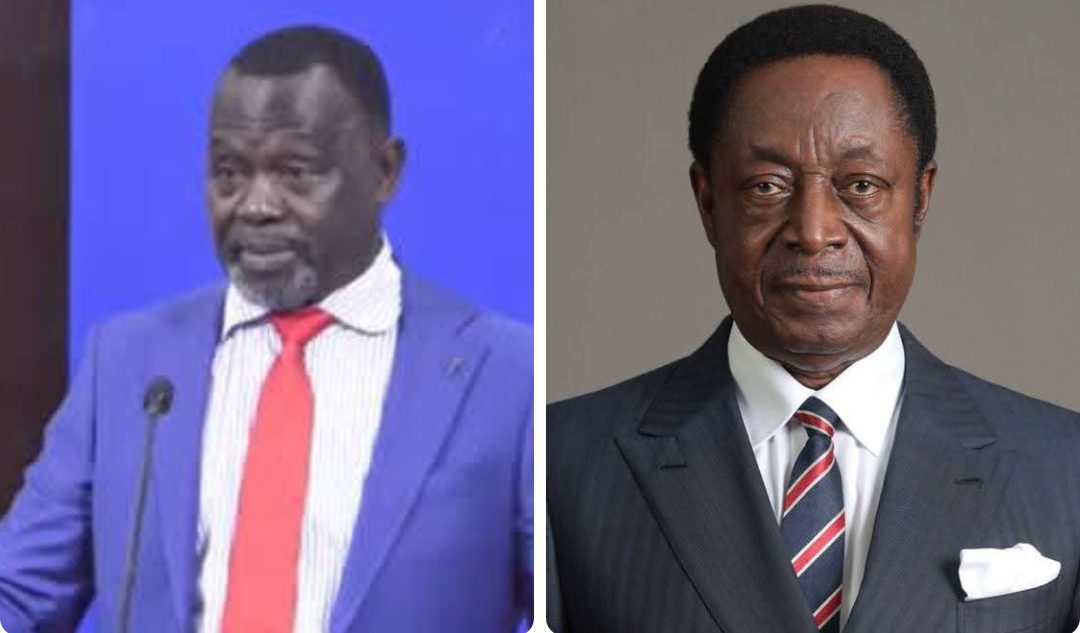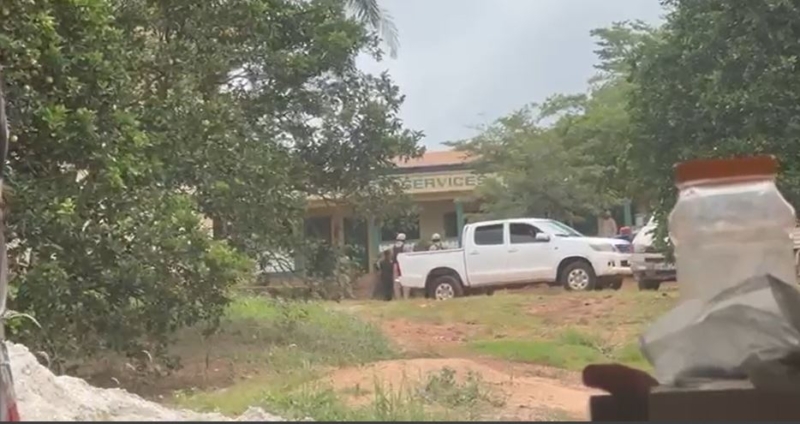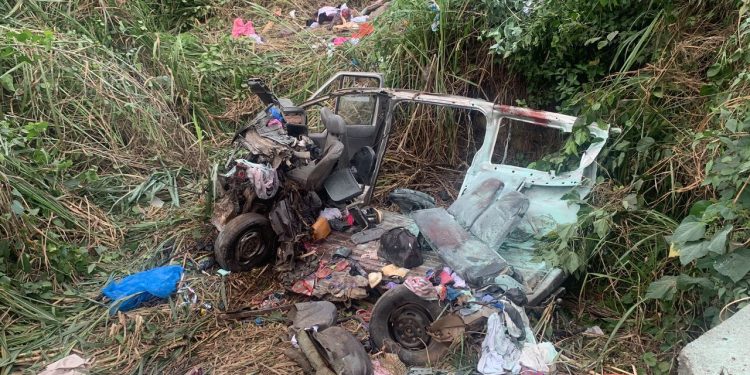Attorney-General, Dr. Dominic Akuritinga Ayine, is facing mounting pressure from opposition lawmakers to reverse his decision to drop a major criminal case involving the former CEO of UniBank, Dr. Kwabena Duffour, or risk a legal showdown.
In a sharply worded address on Monday, Kwame Anyimadu-Antwi, Ranking Member of Parliament’s Constitutional and Legal Affairs Committee, criticized Dr. Ayine’s decision to file a nolle prosequi—a legal declaration to cease prosecution—in the case The Republic v. Kwabena Duffour & 7 Others. The case centered on alleged financial irregularities uncovered during Ghana’s financial sector cleanup, with more than GHS 5.7 billion (approximately $500 million) reportedly unaccounted for.
“The Attorney-General’s decision is not just legally questionable—it’s ethically dangerous,” Mr. Anyimadu-Antwi told reporters in Accra. “It undermines public confidence in the justice system and sends the wrong signal in the fight against financial crimes.”
At issue is the Attorney-General’s reliance on a new policy threshold, revealed in a July 22 statement, which permits the state to abandon prosecution if a 60% recovery of misappropriated funds has been achieved. Dr. Ayine cited this benchmark—reportedly met by the accused—as grounds to terminate the case in the national interest.
But the Minority in Parliament is demanding answers: What is the legal foundation of the 60:40 recovery policy? Was it ever debated or approved by Parliament? And why wasn’t the settlement supervised through a formal court-approved plea bargain, as required under Section 35 of Ghana’s Courts Act?
“This move circumvents well-established legal procedures,” Mr. Anyimadu-Antwi said. “It ignores the statutory framework for plea bargaining and denies the public a transparent resolution through the courts.”
He also raised concerns about a potential conflict of interest, questioning whether Dr. Ayine had previously served as legal counsel for Dr. Duffour. If true, he said, the connection could cast a shadow over the impartiality of the Attorney-General’s decision.
The Minority is now threatening legal action if the government does not reverse course. “We are putting the Attorney-General on formal notice,” Mr. Anyimadu-Antwi said. “If this decision is not rescinded within a reasonable time, we will challenge it in court.”
The controversy has sparked calls for broader institutional response. The Minority is urging Parliament, the Ghana Bar Association, civil society organizations, and the general public to resist what it described as “a dangerous precedent.”
“Justice must not only be done, it must be seen to be done,” Mr. Anyimadu-Antwi said, invoking a legal maxim that has become a rallying cry in the case.













